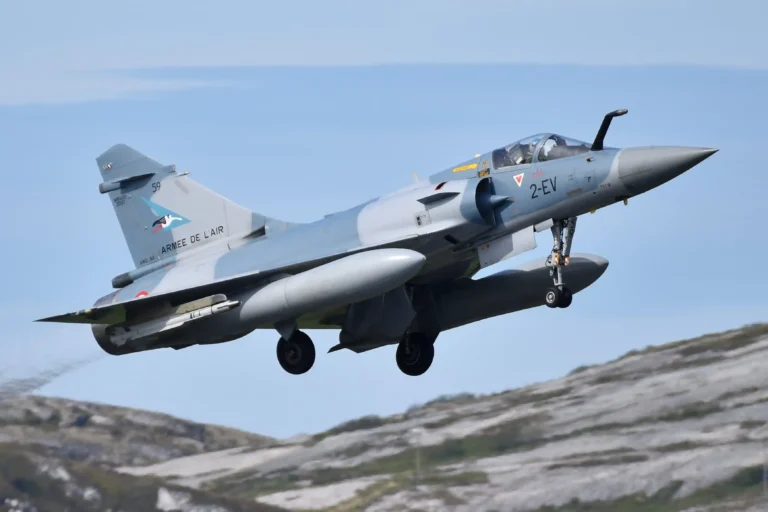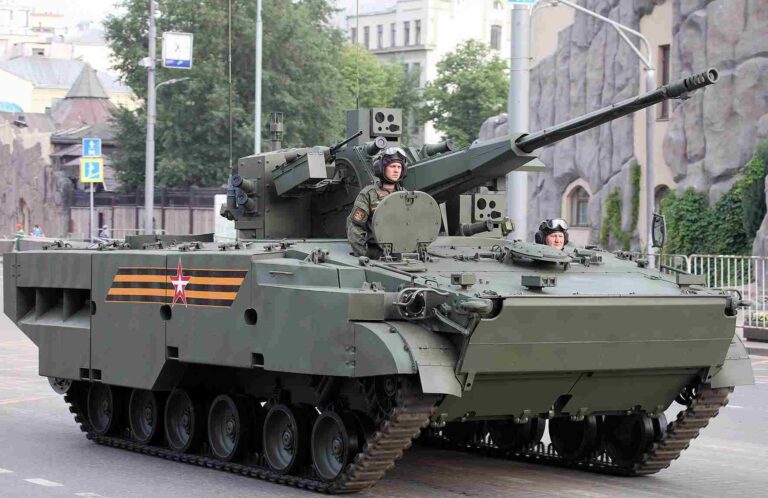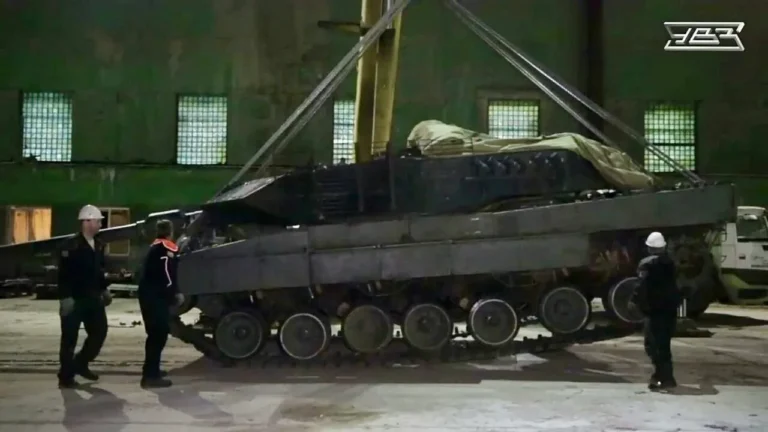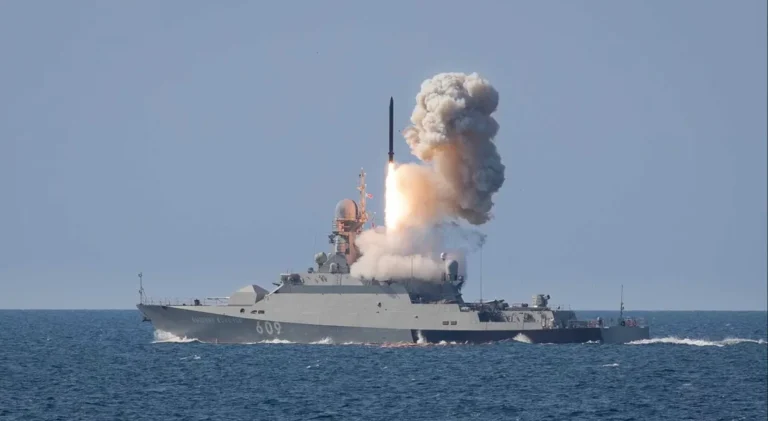Follow Us:
Russia is making waves in the global defense arena with its latest fifth-generation stealth fighter, the Sukhoi Su-75 Checkmate. Positioned as a cost-effective, high-performance alternative to Western and Chinese counterparts, the Checkmate is a bold move by Moscow to expand its influence in military aviation. With a focus on affordability, advanced stealth features, and modular adaptability, this aircraft is drawing attention from defense analysts and potential buyers alike.
From Concept to Reality
Unveiled in 2021 by the United Aircraft Corporation (UAC), the Su-75 Checkmate represents Russia’s determination to innovate despite economic and technological challenges. Sergey Korotkov, a senior UAC official, recently shared with Russian media that the project is advancing quickly, with reports suggesting a potential rollout by early 2025. This rapid timeline is fueled by geopolitical pressures, including lessons learned from the ongoing conflict in Ukraine and the need to address vulnerabilities exposed by modern air defense systems.
🇷🇺Also, changes to the tail section have been shown on the perspective Su-75 "Checkmate"…
— Zlatti71 (@Zlatti_71) July 6, 2023
They're also planning to have a 2-seat and unmanned version (pic 1)
On the video you can see the weapons arrangement…it will be able to use all weapons developed for the Su-57 pic.twitter.com/W6nXfgT4oG
Unlike its predecessor, the Su-57 Felon, which has faced scrutiny over delays and performance limitations, the Su-75 is designed to meet both domestic and international demands. Its single-engine design aims to strike a balance between affordability and combat effectiveness, targeting nations unable or unwilling to invest in pricier jets like the F-35 Lightning II. Equipped with stealth capabilities reportedly superior to the Su-57, the Checkmate could emerge as a game-changer in the fifth-generation fighter market.
The Strategic Race for Export Dominance
One of the Checkmate’s most intriguing aspects is its strategic appeal to export markets. Russia has a history of offering flexible production agreements, as seen with India’s Su-30MKI program, where over half the aircraft was manufactured locally. This approach could make the Su-75 an attractive option for nations like India, which seeks advanced capabilities to counter China and Pakistan.
India faces significant delays in its domestic fifth-generation fighter program, creating an urgent need to modernize its air fleet. Meanwhile, Pakistan’s expected acquisition of the Chinese J-35 has intensified regional competition. Although the F-35 Lightning II remains a viable alternative, Washington’s reluctance to meet India’s demands for local manufacturing under the “Make in India” initiative could shift the scales in favor of the Su-75.
A High-Stakes Gamble
Despite its promise, the Su-75 Checkmate faces significant hurdles. Questions linger about Russia’s ability to mass-produce the fighter under economic sanctions and technological constraints. Furthermore, while early reports tout improved stealth and modularity, concrete details on its radar cross-section (RCS) and performance remain elusive.
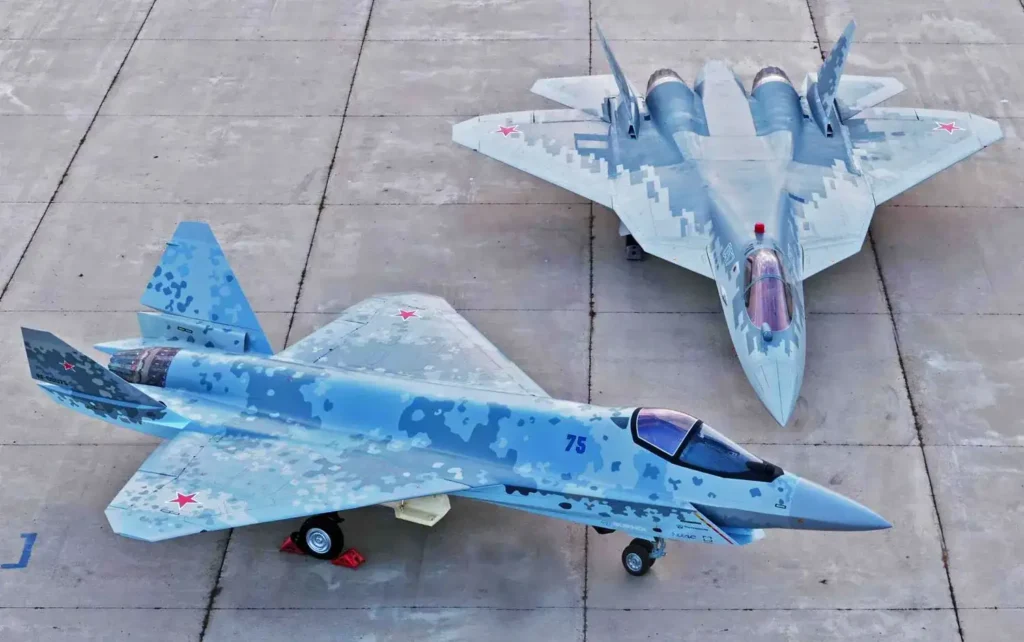
Should Russia succeed in delivering a cost-effective, stealth-capable fighter with credible performance metrics, the Su-75 could reshape the global military aviation market. However, if the program suffers the same setbacks as the Su-57, it risks becoming another unrealized ambition.
For now, the Checkmate embodies Russia’s efforts to stay competitive in the face of mounting challenges. Whether it will truly live up to its name and achieve a “checkmate” in the complex chessboard of global military aviation remains to be seen.
Defense Feeds
Defense Feeds is publication focusing on informing, engaging, and empowering the world by providing accurate information from defense technology.
Powered by Defense Feeds © 2024 – All rights reserved.

